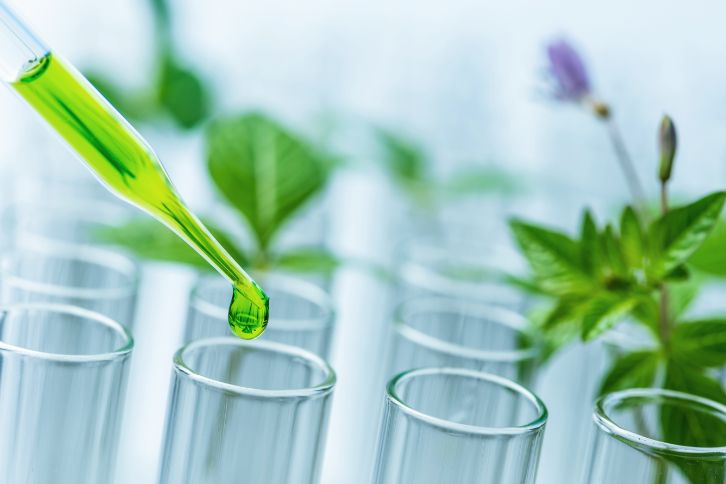This website uses cookies so that we can provide you with the best user experience possible. Cookie information is stored in your browser and performs functions such as recognising you when you return to our website and helping our team to understand which sections of the website you find most interesting and useful.
The portfolio of Phytothreptiki products is constantly enriched, with the aim of relentlessly finding innovative and sustainable solutions, which allow us to provide effective responses to the challenges of modern agriculture.
Since 1989, our company has been investing in collaborations with Academic Institutions, ensuring a valuable flow of information on the latest developments in the field of plant nutrition. This enables high-tech and high quality products to be produced and marketed.
The philosophy of Phytothreptiki for pioneering and innovative solutions to crop nutrition problems, is focused on linking research and production. This focus is a one-way street for countries such as Greece, where the primary sector is also the key pillar of the economy.
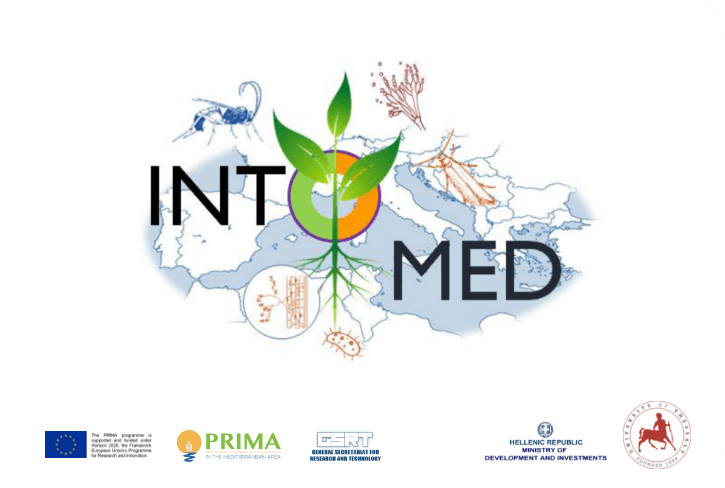
INTOMED
On going project, Role: Partner
The INTOMED (Innovative Tools to combat crop pests in the Mediterranean) research program aims to develop innovative tools to enhance the resistance of important Mediterranean crops to the pathogens and pests. This objective will be achieved by studying specific interactions between plants-microorganisms and enemies-diseases. The consortium comprises of 9 academic and industrial partners from Greece, Spain, France, Morocco, Portugal and Tunisia. Phytothreptiki participates in the INTOMED project through actions such as the evaluation of new tools to enhance resistance to experimental fields (Work Package 6), the economic analysis of the current market situation in organic plant disease control products and the study of the social acceptance of new tools by consumers (Work Package 7). In this way, Phytothreptiki will contribute to defining the strategy to ensure the commercialization of project results.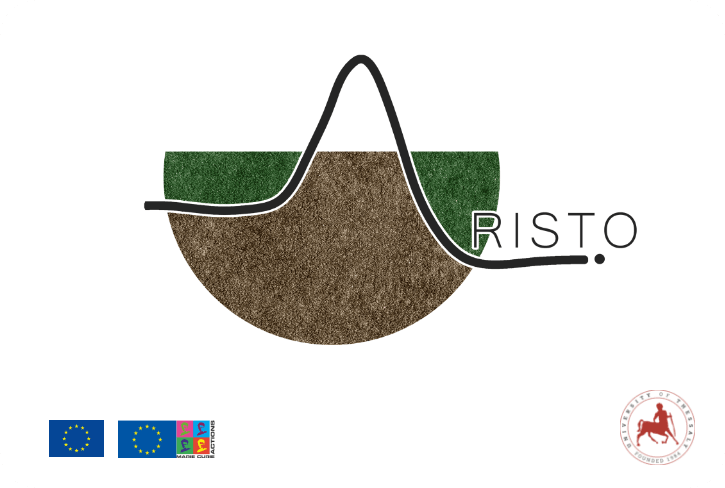
ARISTO
On going project, Role: Non - academic beneficiary
Aristo (A European Industry - Academic Network for Revising and Advancing the Assessment of the Soil Microbial Toxicity of Pesticides) is a research program for the award of European Industrial Doctorates, funded by the European Commission under the Marie Skłodowska–Curie Action Program - Innovative Training Networks. The Aristo program brings together the know-how of the industry (9 companies) and of the academia (7 academic partners) from 8 countries (Greece, Germany, France, United Kingdom, Belgium, Switzerland, Sweden, Israel) in order to train the next generation of eco-toxicologists - soil specialists. The aim of the Aristo program is to develop tools, methods and procedures for assessing the toxicity of pesticides to soil microorganisms in the most comprehensive and powerful way. Aristo will innovate research and at the same time have a significant impact on the future regulatory system framework on environmental risk assessment of pesticides. The contribution of Phytothreptiki to the program is to co-supervise with the Université Catholique de Louvain (UCL) in Belgium the PhD candidate, who will study in vitro the toxicity of various pesticides (active substances) at the life cycle stages of the phylogenetically different strains of Arbuscular Mycorrhizal Fungi and to clarify their toxicity mechanism (Work Package 4). Among the main deliverables are the development, evaluation, and standardization of an in vitro test kit for systematic assessment of pesticide toxicity, using Arbuscular Mycorrhizal Fungi as a microbial indicator group.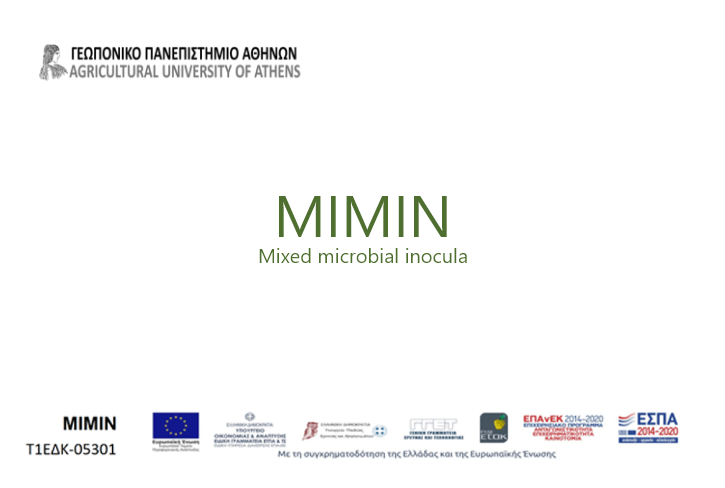
MIMIN
On going project, Role: Co-ordinator
The MIMIN (Mixed microbial inocula for vegetable production in the Western Peloponnese – application to soil, propagating material, hydroponics, enhanced growth substrates) research project, in the framework of the Operational Programme Competitiveness, Entrepreneurship and Innovation 2014-2020 (EPAnEK), concerns the isolation of intra-mycorrhizal fungi endorhizal and rhizosphere bacteria from the rhizosphere (internal root tissues) of cultivated vegetables in Western Peloponnese, their characterization, the evaluation of their combinations and the investigation of their application to high commercial value vegetable productions, organic and inorganic growth substrates and vegetable propagating material production processes. The objectives of the project are the production of local mixed microbial inoculants and their application and utilization for the production of field and greenhouse vegetables in Western Peloponnese, as well as for production of pre-vaccinated vegetable propagating material and the development of a compost organic product with a compatible microbial inoculant formulation. Phytothreptiki, in collaboration with Agricultural University of Athens and the University of Thessaly, is involved in the project as a coordinator of Work Package 2, which concerns1) The selection of suitable parcels and greenhouse sites in cooperation with the agricultural development.
2) Taking samples and transporting them for direct reproduction of intra-mycorrhizal fungi in trap plants.
3) Isolating them in clean crops in planters.
4) The evaluation of vaccines in planters (lettuce, tomato, zucchini/watermelon and pepper).
It is also involved in the project as a partner in the rest of the Work Packages.
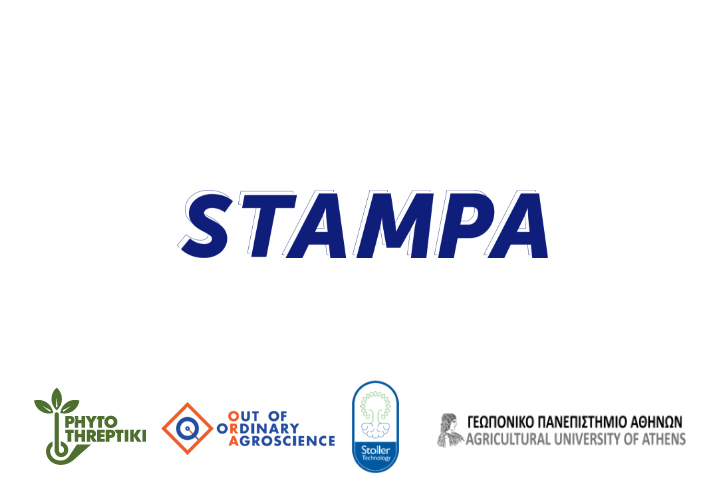
STAMPA
Finished project, Role: Stakeholder.
During the 2017-2018 growing season, an experiment was carried out on the field of the Agricultural University of Athens, in order to evaluate the effect of bio-stimulants on two durum wheat crops. The results of the experiment showed that all treatments of biostimulants have a positive impact on the performance, the number of wheat ears/m2, the number of spikelets/ears, the number of grains/ears and the weight of one thousand grains. In most cases, the Meridiano variety showed higher values for all measurement characteristics, compared to Normanno. So it appears, that the use of these biostimulants has had a positive effect on durum wheat productivity. These biostimulants are marketed by Phytothreptiki and its subsidiary ORA Services, as STAMPA nutrition products. This experiment was carried out in the framework of the postgraduate thesis of Vasilis Koutsougeras, Agriculturalist of Phytothreptiki, with Professor Panagiota Papastylianou as a Supervisor, at the Agriculture Laboratory of the Agricultural University of Athens. This research was also presented as a publication in the context of the 28th International Symposium of the International Scientific Centre for Fertilizers (CIEC, 2020), entitled: “Effect of biostimulants on yield performance of two durum buckwheat cultivars” (publication date: Nov. 3 2020).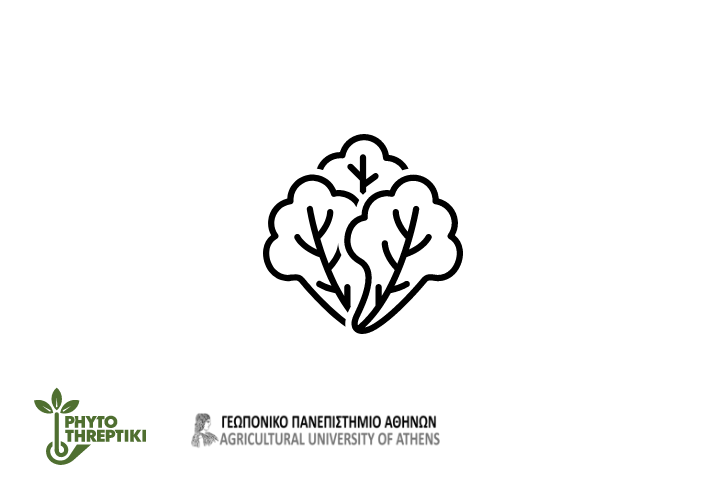
Comparative lettuce fertilization study with organo-mineral fertilizer and equivalent with DMPP nitrification inhibitor.
1. The study and comparison of the fertilization efficiency with two types of nitrogen fertilizers in lettuce cultivation.
2. The study of the effect of liquid wastes from oil mills (katsigaros), on the soil and on the cultivation of lettuce, after applying it a few days before harvesting.
The experiment was carried out on experimental fields in the Prefecture of Messinia and the results were extracted through 3 samples, 12 days after the lettuce planting, 35 days after planting and 92 days after planting as well as 5 days after katsigaros was added. As a result of the analysis of variance (ANOVA), several statistically significant differences were detected between treatments for most agronomic characteristics. In particular, there was a significant increase in yield in fertilizer-treated parcels compared to the control and a significant decrease in nitrate values in the soil with the application of katsigaros. In addition, the application of katsigaros increased the availability potassium in the soil.

